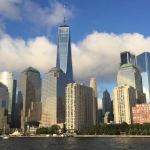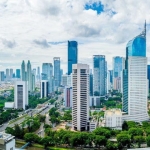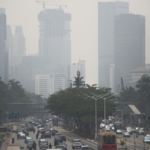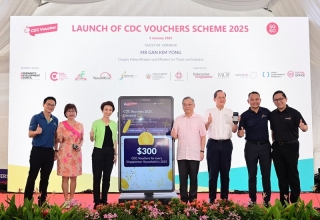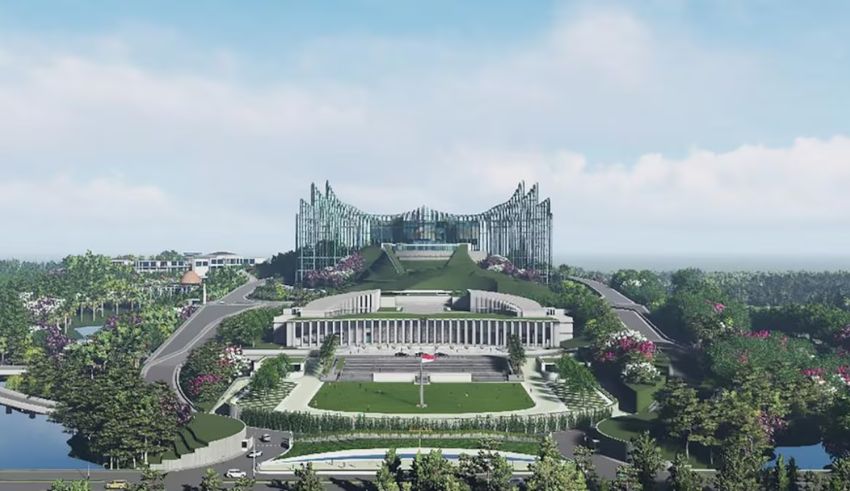
A Visionary Project
Indonesia is embarking on a monumental project to relocate its capital from the congested city of Jakarta to the lush landscapes of East Kalimantan on the island of Borneo. The new capital, named Nusantara, is not just a relocation plan but a vision for the future1.
The Name and Its Significance
The name Nusantara is derived from an Old Javanese term that translates to ‘the outer islands’. It reflects Indonesia’s ambition to create a capital that represents the entire archipelago, not just Java island1.
Location and Geography
Nusantara will be situated on the east coast of Borneo, surrounded by hilly landscapes, forests, and a natural bay. This strategic location is chosen for its relatively low risk of natural disasters compared to other parts of Indonesia1.
Design and Development
The design of Nusantara is centered around sustainability and smart city principles. The city will be developed in five phases, with the ‘Government Central Area zone’ comprising the first phase. This zone will include essential government offices, schools, and hospitals1.
Financial Aspects
The project is estimated to cost around Rp 523 trillion (US$ 35 billion) and is expected to be fully completed by 2045. The Indonesian government has begun the construction with land clearing and the building of access roads1.
Keep Reading
Sustainable and Smart City Features
Nusantara aims to be a net-zero emissions cityby 2045, focusing on sustainable management of resources like energy, water, and air. The city’s blueprint includes innovative solutions and technologies to support its development as a smart city2.
Biodiversity and Environmental Goals
The master plan for Nusantara also includes a comprehensive strategy for biodiversity management. This involves ecosystem conservation, species protection, and community engagement to promote sustainable practices2.
The Future of Indonesia’s Capital
As the world watches, Nusantara is poised to become a model for future cities, balancing development with sustainability. The new capital is more than just a city; it’s a symbol of Indonesia’s commitment to innovation and progress.
